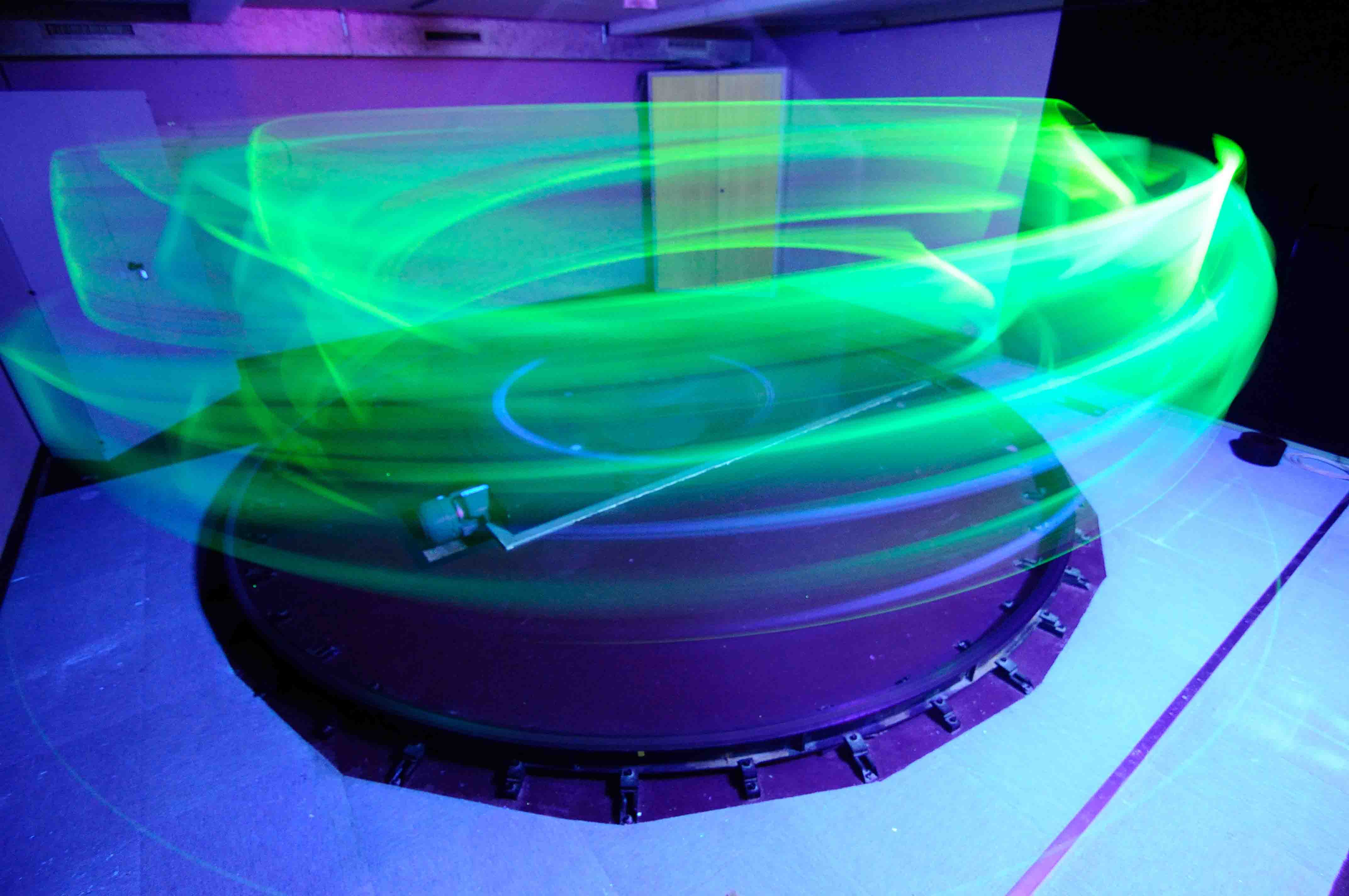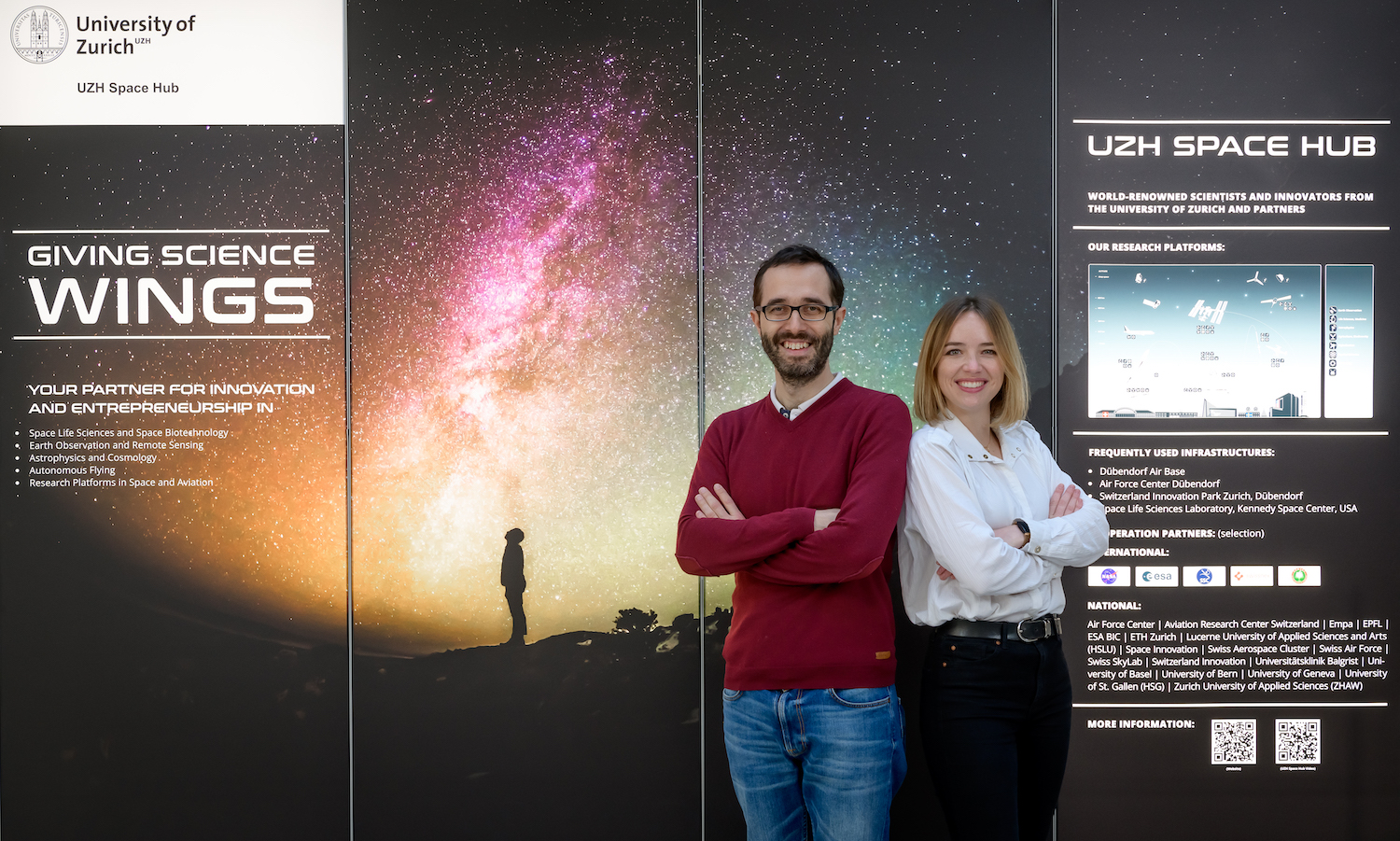Navigation auf uzh.ch
Navigation auf uzh.ch

Research topic and impact
During space missions, a vast majority of astronauts suffer from motion sickness. Although this is ultimately resolved in few days following g-transition, it may jeopardize mission critical task (e.g. landing, docking) and shatter the market of private space flights. Short, leisure suborbital flight will not be very successful if 80% of the costumers spends the whole flight trying to hold on their stomach.
The aim of the SSTARS Lab is to investigate the mechanism of habituation and learning of self-motion perception to novel motion environments. A novel motion environment is any condition in which our brain cannot decode the sensed motion stimuli on the basis on its experienced-based knowledge and processing. Such environments cause motion sickness, spatial disorientation and other syndromes (sopite syndrome) affecting performance and social interaction. We aim to develop novel non-invasive habituation protocols to reduce motion sickness and related syndromes.
Beside space applications , this topic has significant impact on society ranging from vestibular rehabilitation, acceptance of novel emerging technology (self-driving cars, virtual reality systems), quality of life in relation to transport systems (motion sensitive people are hindered in trivial activities like traveling by fast tilting trains, boats or cars on winding roads) and safety as performance drops may be associated with only mild overt motion sickness symptoms, a problem that may even have caused airplane accidents.
|
|
Dr. Giovanni Bertolini |
